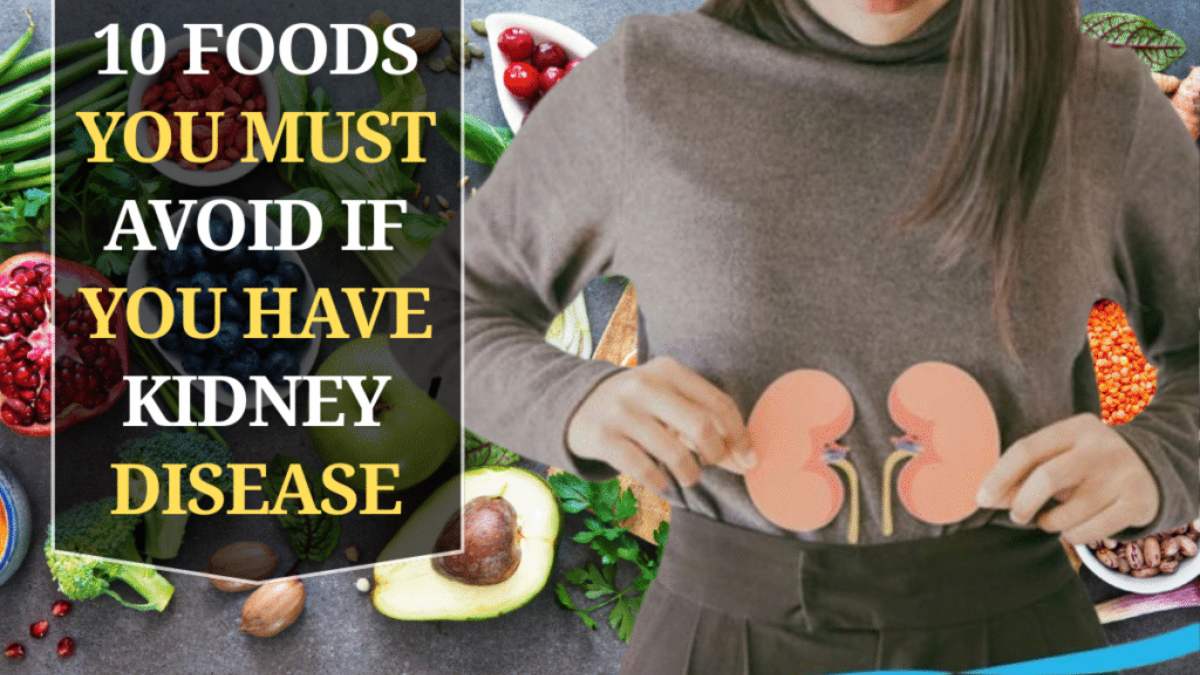Our kidney is a highly vital organ of the body. Its primary role is to purify the blood, eliminate waste and toxins from the body, and regulate water balance. But when the kidney does not function normally, a lot of apparently simple things can become perilous.
Under this condition, it becomes crucial to take note of what we are eating and what we are not eating. Most people believe that if they are consuming healthy food, then all will be well. However, the reality is that in kidney disease, a few fruits, vegetables, and grain foods that are “healthy” can also be dangerous.
So, it is essential that we understand what we should not consume and what their healthy substitutes are.
1. High-Sodium Foods
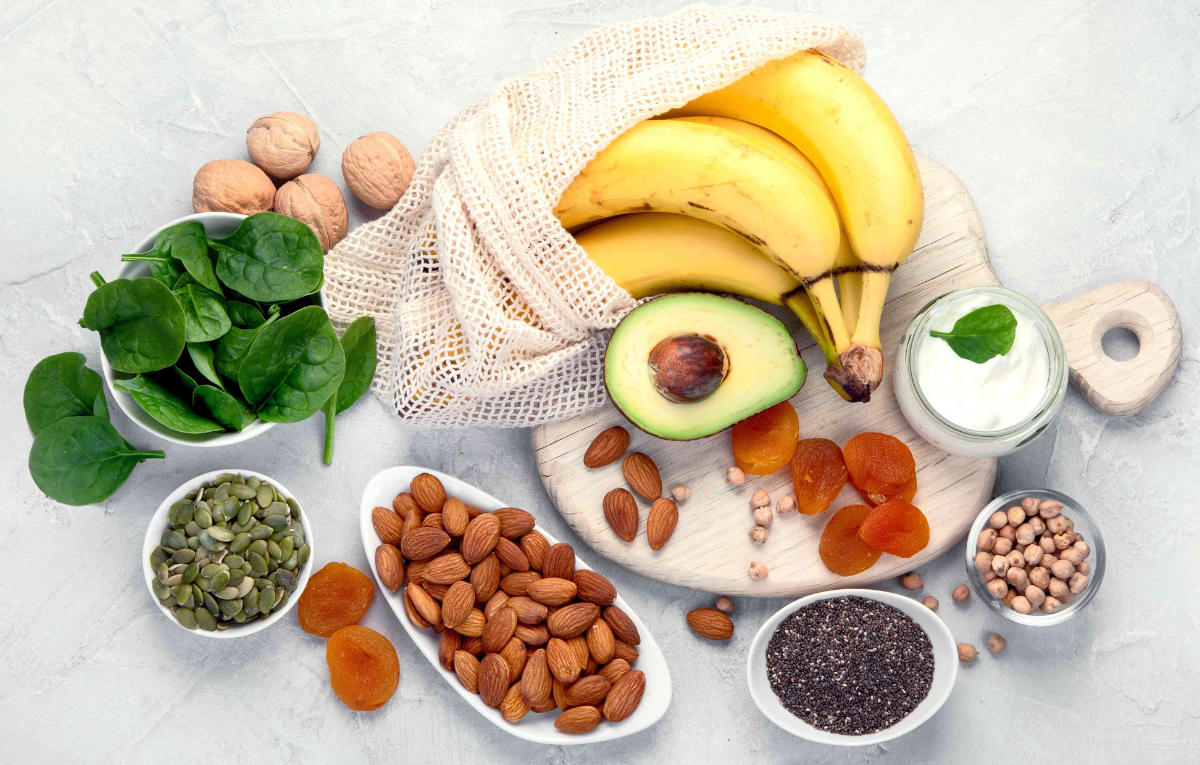
Why it is harmful:
If we consume more salt, water becomes stagnant in the body, and it increases swelling and blood pressure. There is already pressure on the kidneys, and salt multiplies this pressure many times. Slowly it can cause further harm to the kidneys.
What to avoid:
- Instant noodles and readymade soups
- Chips, namkeen, and snacks
- Junk food such as pizza, burgers
- Pickles, sauces, and tinned food
Better option:
- Use coriander, basil, lemon juice, or garlic powder in place of salt to flavor.
- Consume fresh homemade food.
- Use roasted cumin seeds or black pepper in salads in place of salt.
For instance, if you want to consume chaat, then do not add salt, but add lemon and spices on top. It will be tasty along with being healthy.
2. Processed Meats
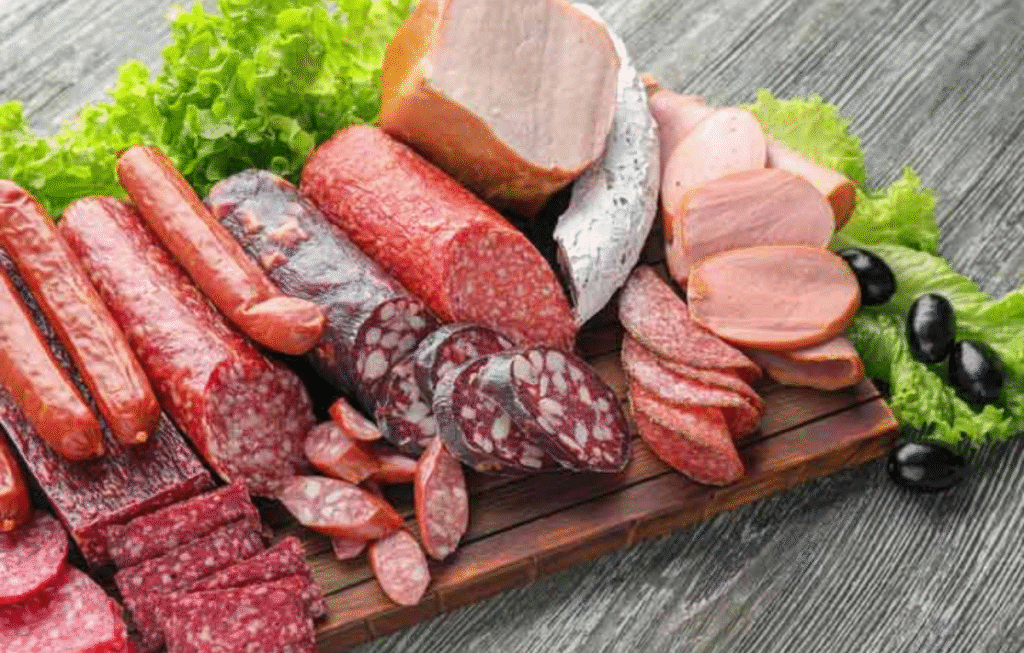
Why it is harmful:
More salt, preservatives, and phosphates are included in these meat items. All these strain the kidneys and can progressively result in kidney failure.
What to avoid:
- Bacon
- Sausages
- Hot dogs
- Packaged meats
Better option:
- Fetch fresh chicken, fish, or eggs.
- Take plant proteins like lentils and kidney beans (but inform your doctor since they carry potassium as well).
- Cook self-prepared meats; don’t use ready-to-eat food.
3. Foods High in Potassium
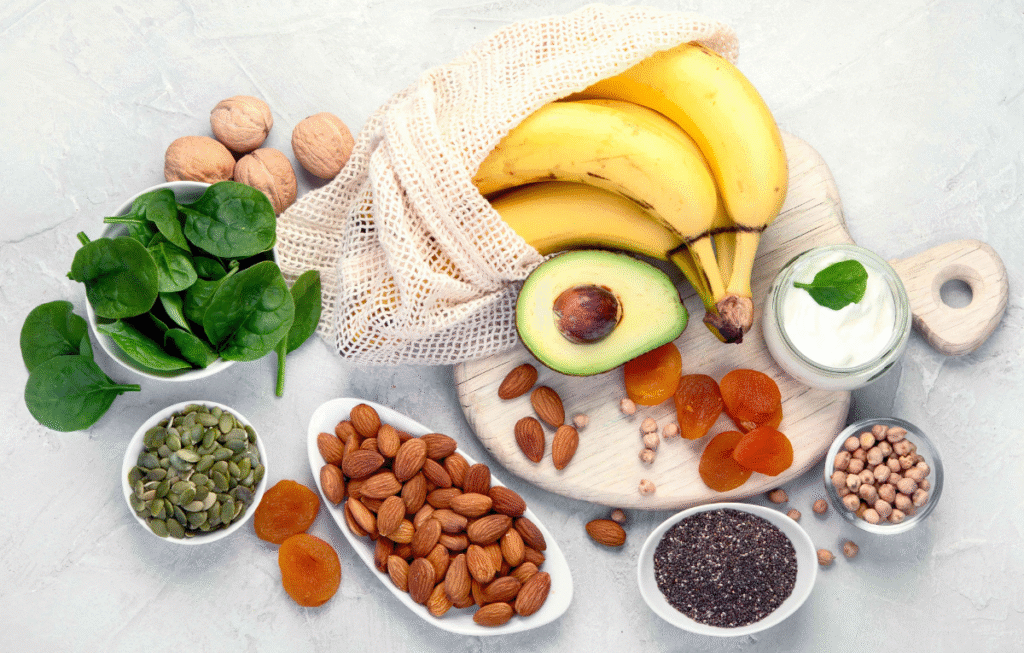
Why it is harmful:
The kidneys regulate potassium. If not regulated, blood potassium goes up. This can result in an irregular heartbeat and, in extreme cases, a heart attack.
What to avoid:
- Bananas
- Oranges and orange juice
- Potatoes and sweet potatoes
- Tomatoes and tomato soup
- Spinach, beetroot
Better option:
- Apples, grapes, strawberries, blueberries
- Cauliflower, cabbage, cucumber
- Boil the potatoes and throw away the water; this brings potassium down to a certain level.
Example: If you wish to have fruits in the morning, have apples or grapes but not bananas.
4. Foods High in Phosphorus
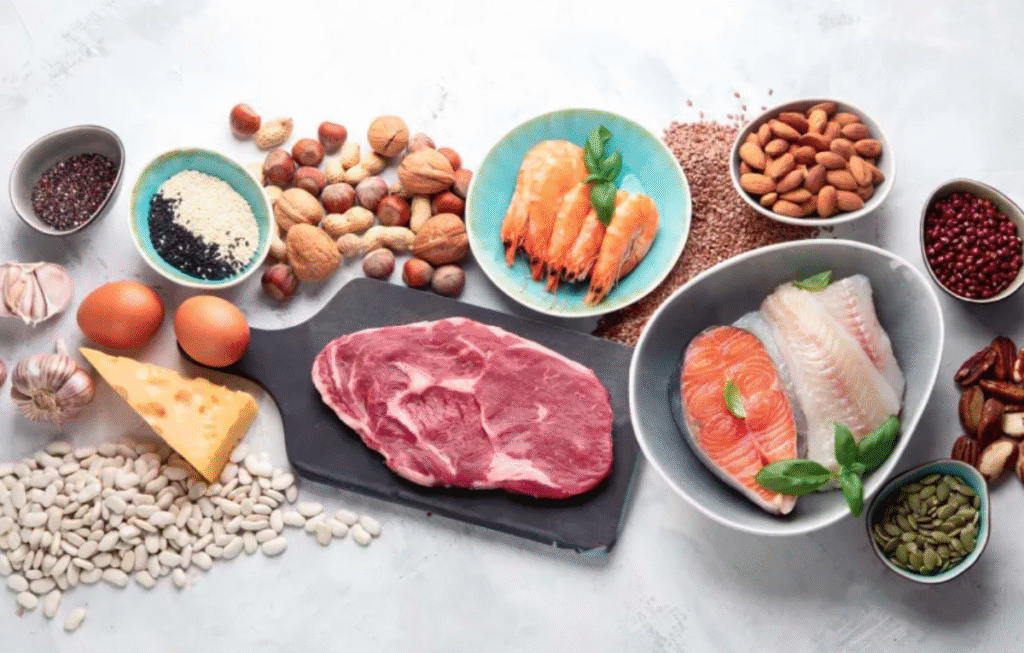
Why it is harmful:
When kidneys begin to fail, phosphorus is unable to exit the body. This makes the bones weak as well as causes more itching on the skin.
What to avoid:
- Dense cheese and milk dishes
- Pastry food packets
- Dark cold beverages
- Sunflower seeds and peanuts
Better option:
- Fresh veggies and fruits
- Unsalted popcorn
- Notice the label if it contains the word “phosphate,” stay away.
5. Canned Foods
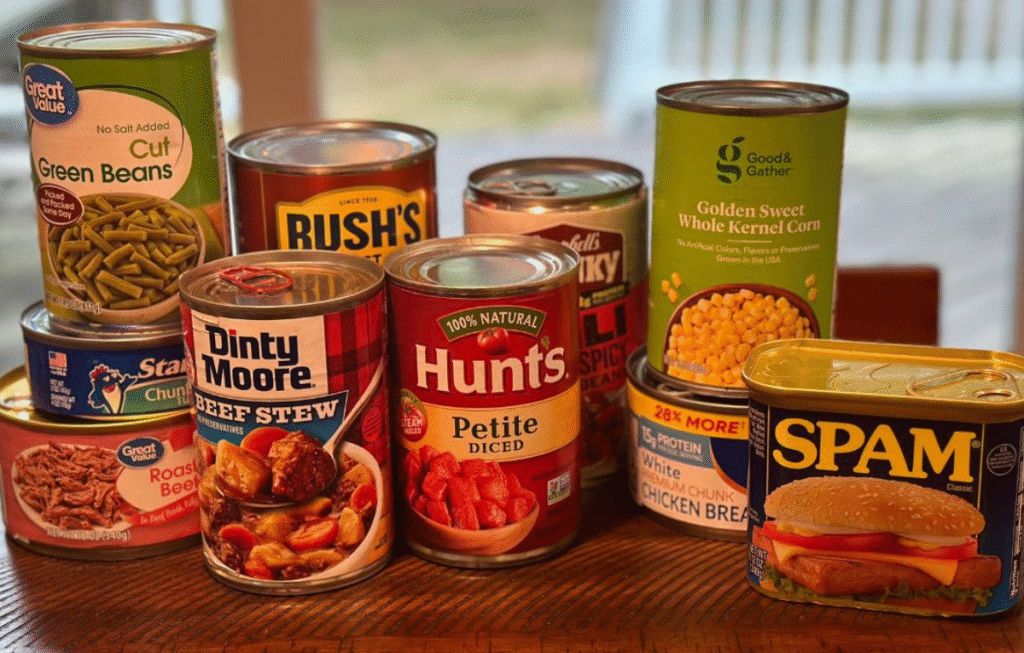
Why it is harmful:
Vegetables, pulses, fish, and soups in cans are filled with a great deal of salt in order to keep them fresh for a very long time. The salt holds water in the body and raises blood pressure.
What to avoid:
- Consume fresh vegetables.
- Frozen vegetables are also fine.
- If you must consume canned food, wash it well before consumption.
6. Sugary Foods and Drinks
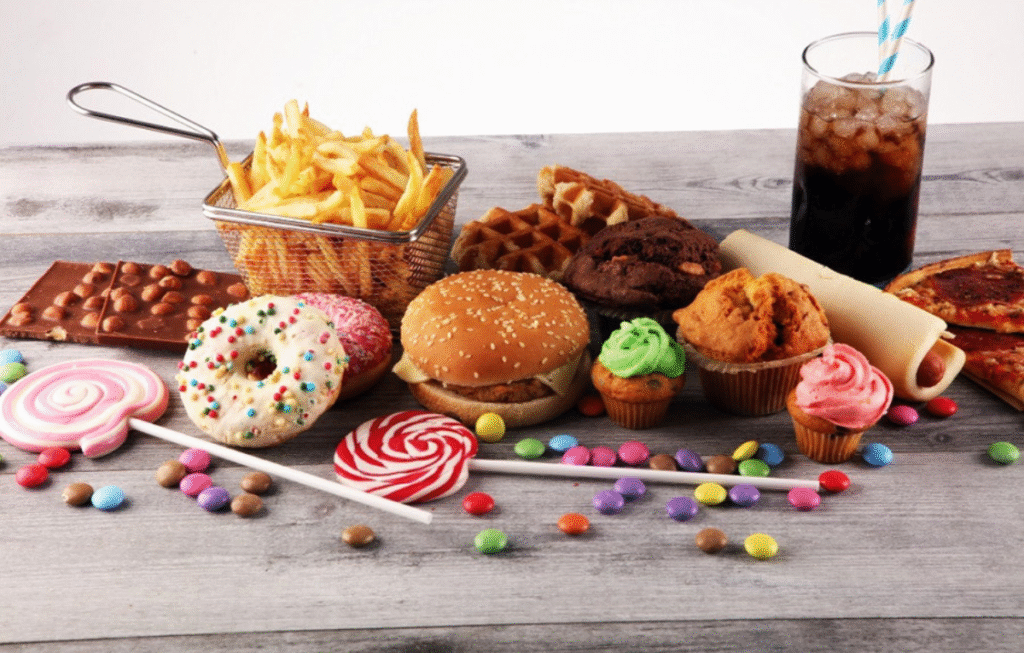
Why it is harmful:
Sweets do not directly damage the kidneys, but they lead to obesity, diabetes, and high blood pressure. And these three things damage the kidney the most.
What to avoid:
- Sweets, cakes, cookies
- Cold drinks, energy drinks
- Chocolate and candy
Better option:
- Use honey or dates for sweetness.
- Eat fresh fruits.
7. Fast Food and Fried Foods
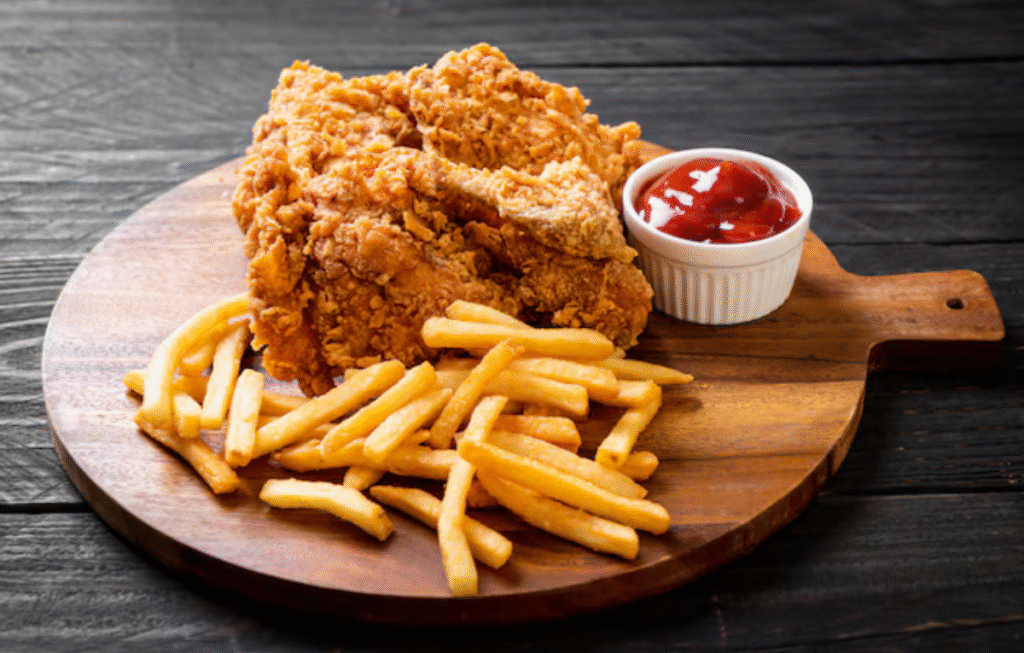
Why it is harmful:
Such junk foods as burgers, French fries, pizza, and fried chicken have excess salt, bad oils, and chemicals. They spoil the blood pressure and kidneys.
What to avoid:
- Consume home food.
- Grilling or baking but not frying.
- Healthy fats like olive oil are to be used.
8. Whole Grains (in certain cases)
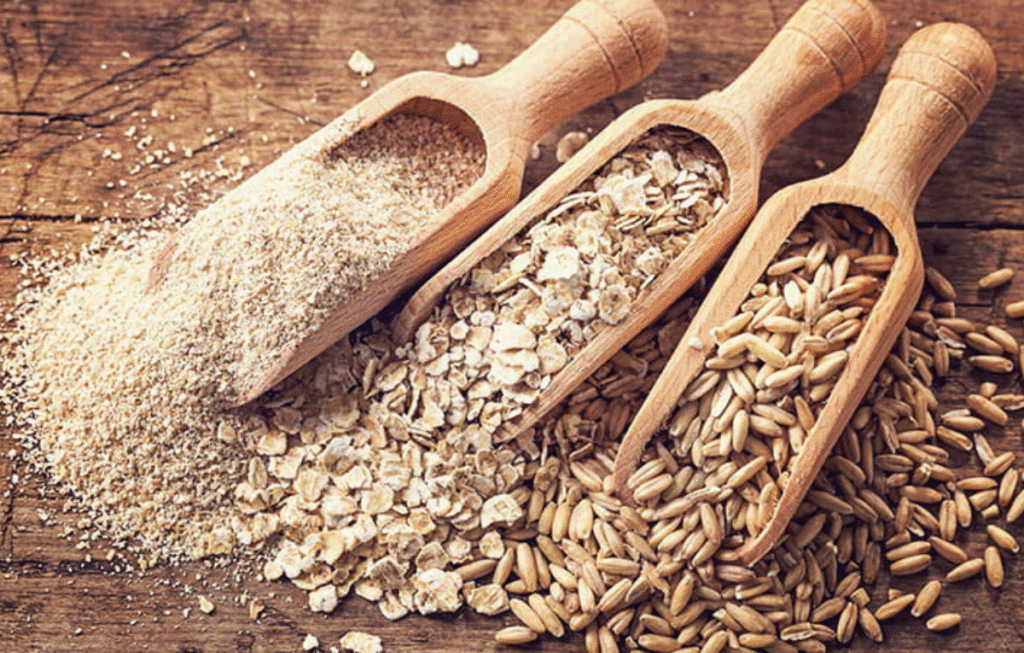
Why it is harmful:
Whole grains are usually healthy, yet they have excess potassium and phosphorus. It is harmful to kidney patients.
What to avoid:
- White rice
- Refined pasta
- Non-whole grain cereals
Remember, each patient’s health is unique. Advice from a doctor or dietician is necessary.
9. Carbonated Drinks and Colas
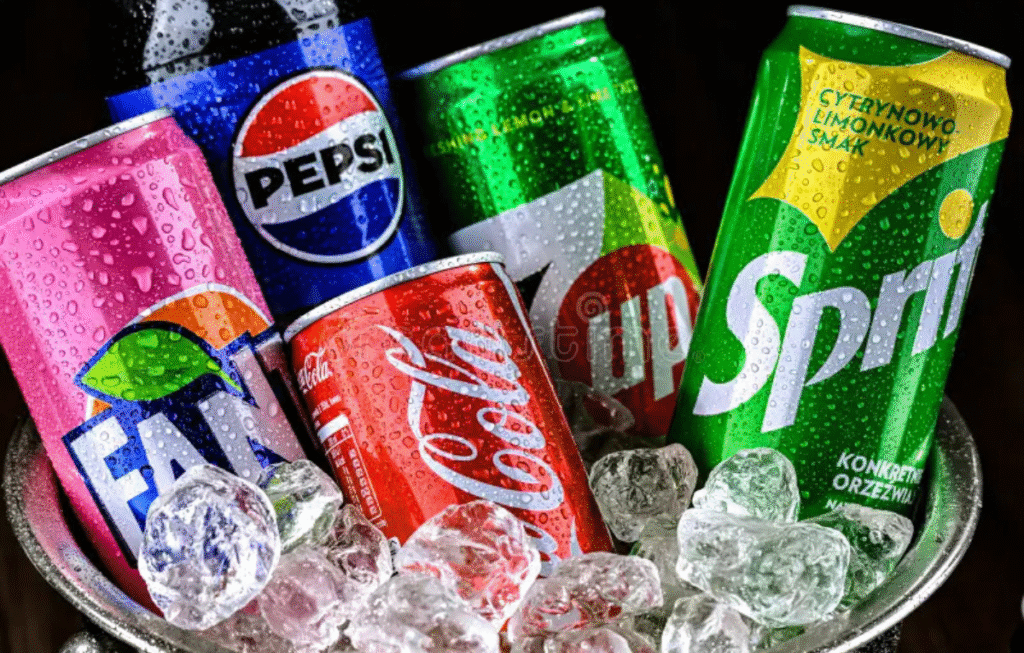
Why it is harmful:
Dark colas and carbonated beverages have excessive amounts of phosphoric acid and sugar. It makes the bones weaker and overworks the kidneys.
What to avoid:
- Plain water
- Coconut water (on medical advice)
- Homemade herbal drink or lemonade
10. Certain Fruits and Vegetables (High in Oxalates)
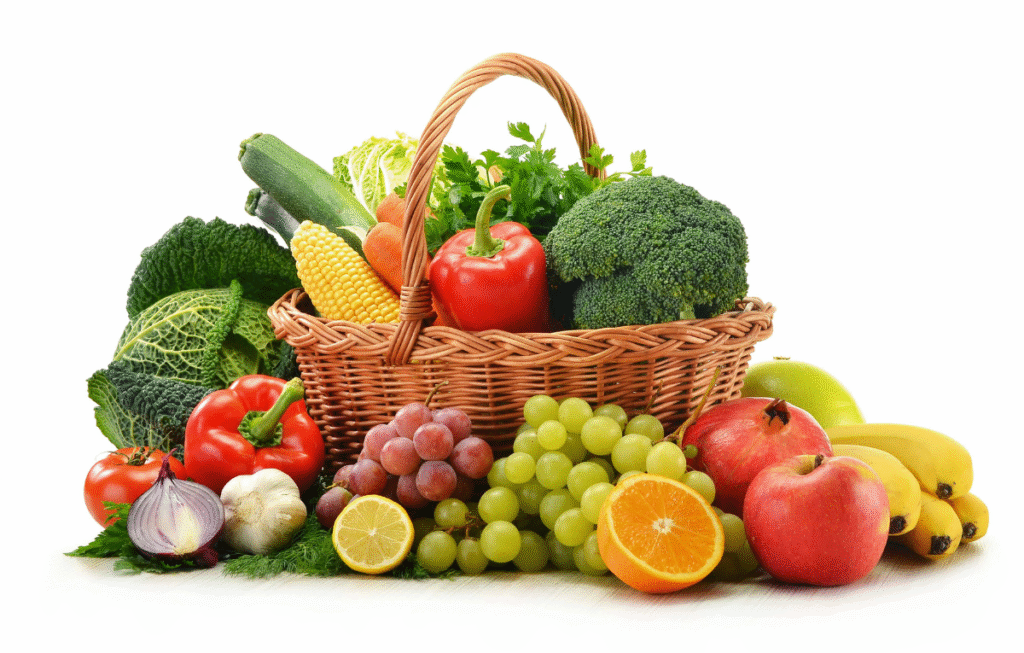
Why it is harmful:
For individuals with kidney stone issues, foods containing high oxalate are detrimental. They elevate the risk of stone formation.
What to avoid:
- Spinach
- Beetroot
- Rhubarb
- Excessive nuts
Better option:
- Apples, grapes, berries
- Cauliflower, capsicum, cucumber
Key suggestions for patients with kidneys
- Read labels: Packaged food has concealed salt, potassium, and phosphorus.
- Eat fresh food: Don’t have canned and processed food.
- Control portions: Having an excess of even healthy food can be dangerous.
- Drink the right quantity of water: not excess and not deficiency. Consult the doctor.
- Consult a dietitian: As every patient’s disease stage is unique, diet is required accordingly.
Conclusion
Kidney disease doesn’t imply you have to abstain from tasty food. You just need to make smart decisions. Steering clear of excess salt, potassium, phosphorus, processed foods, and sweets is the way to your kidney health.
If you follow the right diet at the right time and follow your doctor’s advice, you will not only be able to save your kidneys but will also be able to live a long and healthy life.
FAQs:-
Why should kidney patients avoid high-sodium foods?
High-sodium foods can increase blood pressure and worsen kidney function, leading to fluid retention and swelling.
Why avoid foods high in potassium?
Too much potassium can cause dangerous heart rhythm problems in people with impaired kidney function.
Should I avoid carbonated drinks?
Yes, many sodas contain phosphorus additives and sugar, which can negatively impact kidney function.
Medical Disclaimer
The information provided on Health Tips India is intended for educational and informational purposes only. It should not be considered a substitute for professional medical advice, diagnosis, or treatment.
Always consult a qualified healthcare professional before making any health-related decisions or changes to your diet, exercise, or medical routine.
SamhithaHealth & Wellness Content Writer
a Health & Wellness Content Writer with over 6 years of experience creating research-based health articles. She specializes in nutrition, weight management, diabetes care, skin health, and healthy lifestyle practices. Here content is carefully written using trusted medical and scientific sources to ensure accuracy and clarity for readers.

